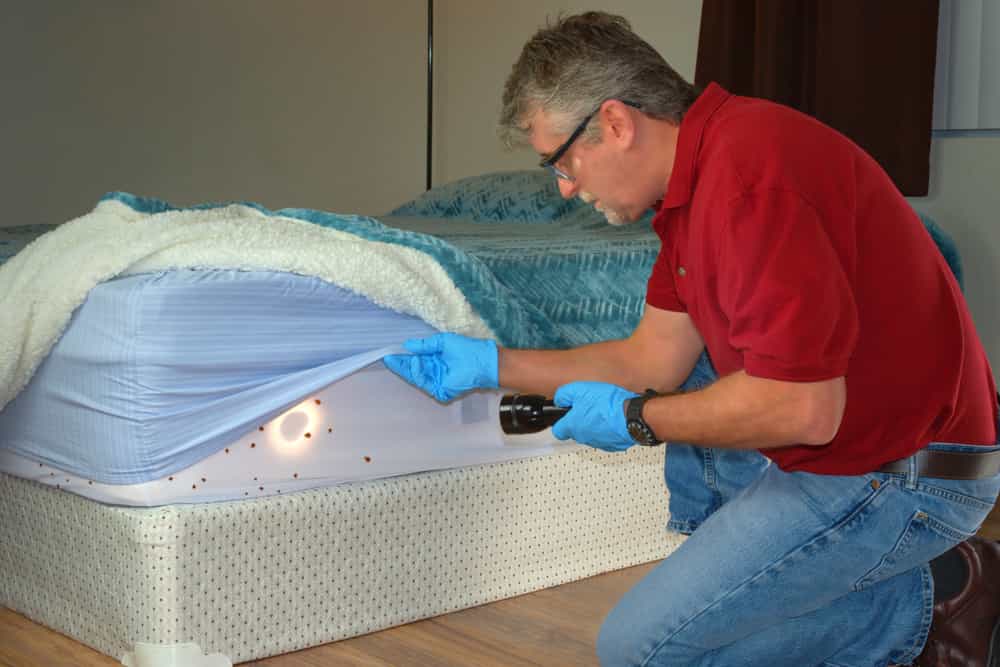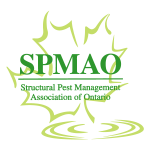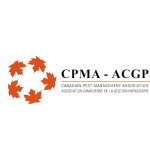Pesticides are dangerous and often deadly chemicals used to kill pests. That is, insect and in some cases rodents. The ministry of the environment controls all access and use of pesticides, including domestic pesticides. They make sure that the pesticides are made properly with the proper safety precautions and make sure vendors and operators are properly trained. Most importantly they must make sure that the exterminators using these chemicals are properly educated and trained so they can be licensed to perform pest sprays. There is a massive number of chemicals controlled by the MOE and most of them are highly deadly. To become an exterminator you must complete a complex exam that proves you have a full and complete understanding of the chemicals you will be using, how to dispose of them and how to deal with spills and emergencies.
If you are looking for an exciting career in pest control, make sure to read our posts on Pest Control Jobs!
Anyone who handles commercial-grade pesticides above or below class D will be in incredible danger if they mismanaged the chemical in any way. From failing to wear the proper, and properly fitting, respirator required for the job of missing or simply being unaware of how to properly dispose of insecticide containers that may have a little bit of the pesticide left. The chemicals used by exterminators are so dangerous they can easily destroy a small or even large ecosystem to the point of no return and can harm people in ways that will last a lifetime of severe medial issues from the pesticide’s repeated misuse. This danger is the reason the ministry of the environment was given control of all chemical pesticides because they were being mismanaged and disposed of improperly. Now there is a licensing agency that teaches you every step of using commercial grade class C pesticides safely, without risking harm to yourself, to the customer and their family, pets and children and protecting the environment from dangerous chemicals that can get into the water table and cause disastrous consequences. The ministry has strict guidelines for the leftover pesticide to be used on the property before leaving, while it is important to use this watered-down version of the pesticide it is important never to spray the same spot twice. Use the remnants on an area you set aside for just this situation. When dealing with pesticides outside be sure to understand the conditions. Heat, sunlight and wind and rain can all affect a product’s ability to do its job and risk the chemical leaking into the ground. When performing an outdoor pest treatment make sure to adjust the spray nozzle to make up for the wind strength, larger droplets at a faster rate will be effective for strong winds and if it is raining you can simply tell the customer they will have to wait for a better day to do the treatment. Never take a risk with pesticides.
If you are interested in exploring the world of pest control take a look at the Ontario.ca website under pesticide licensing and you will see that there is so much more to pesticides than spraying a house for cockroaches. There are arieal exterminators who make pesticide dust loads for pilots to drop on fields as they fly over. Some of these exterminators even have a pilot license of their own that allows them to work in remote locations that normally would not have access to such an extermination regime. You can also be a water exterminator and handle large scale issues like foreign seaweed and dangerous mollusks that can kill off local species. Exterminators are not just residential and commercial structural sprayers and fumigators. They work closely with the Canadian government to ensure that the environment is protected both from dangerous chemicals and interloping species.






